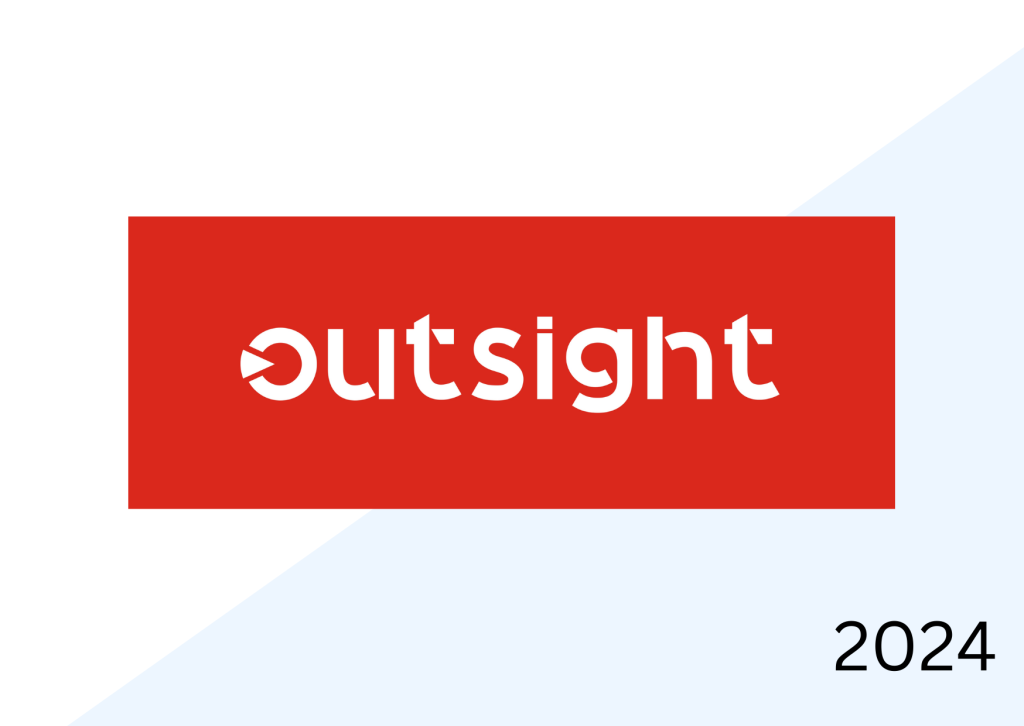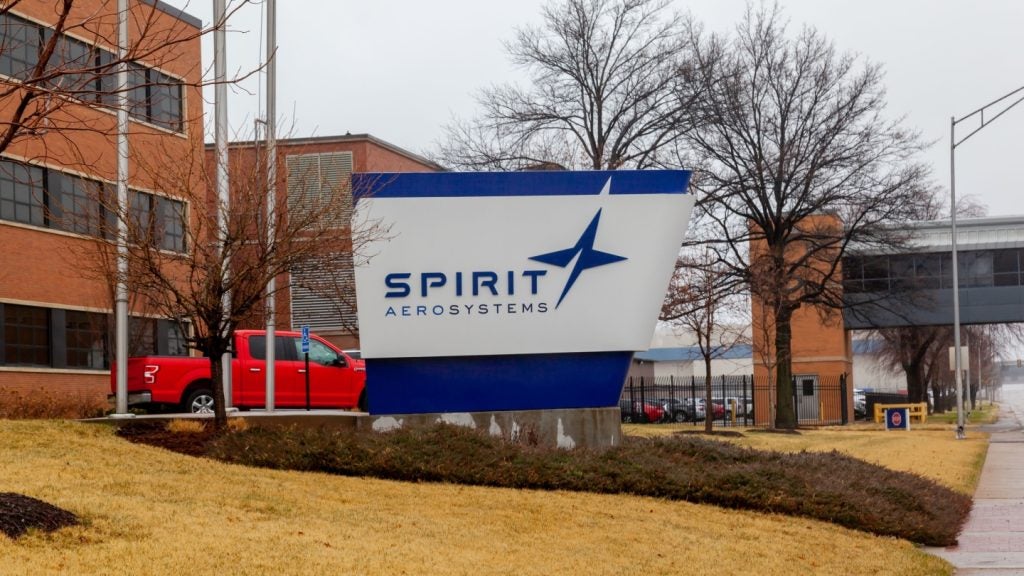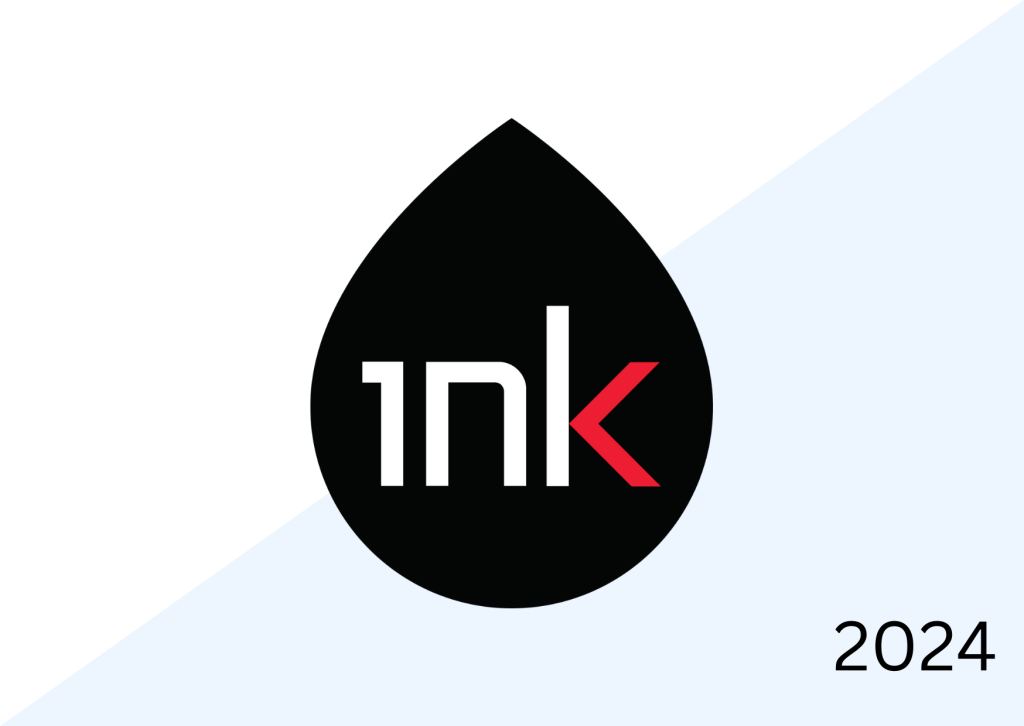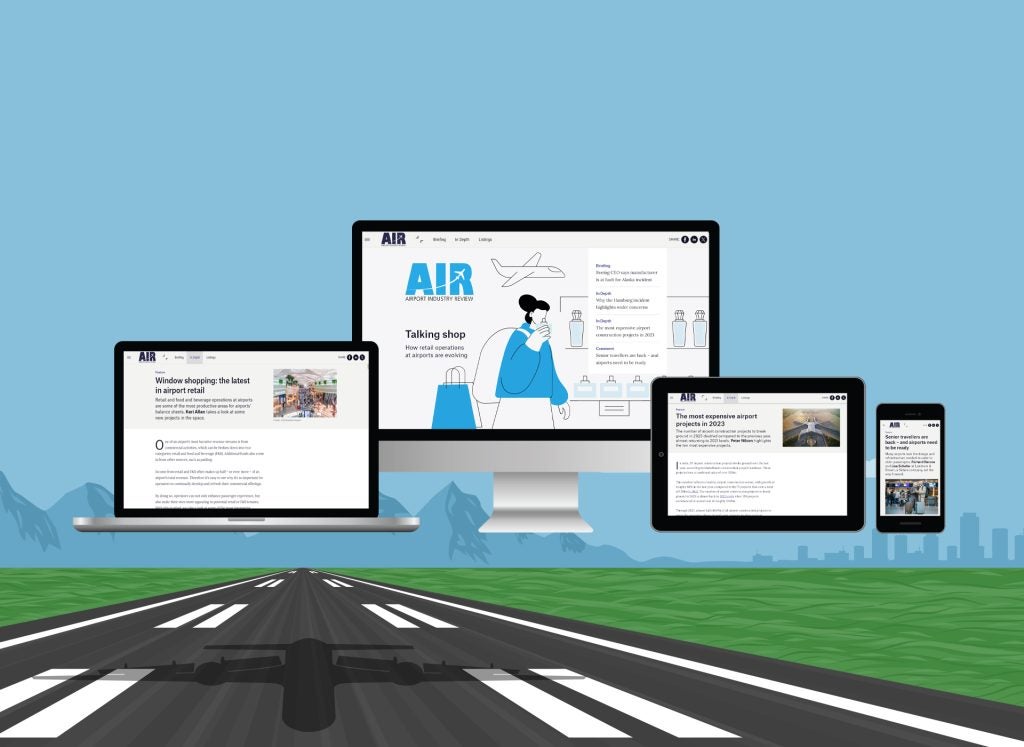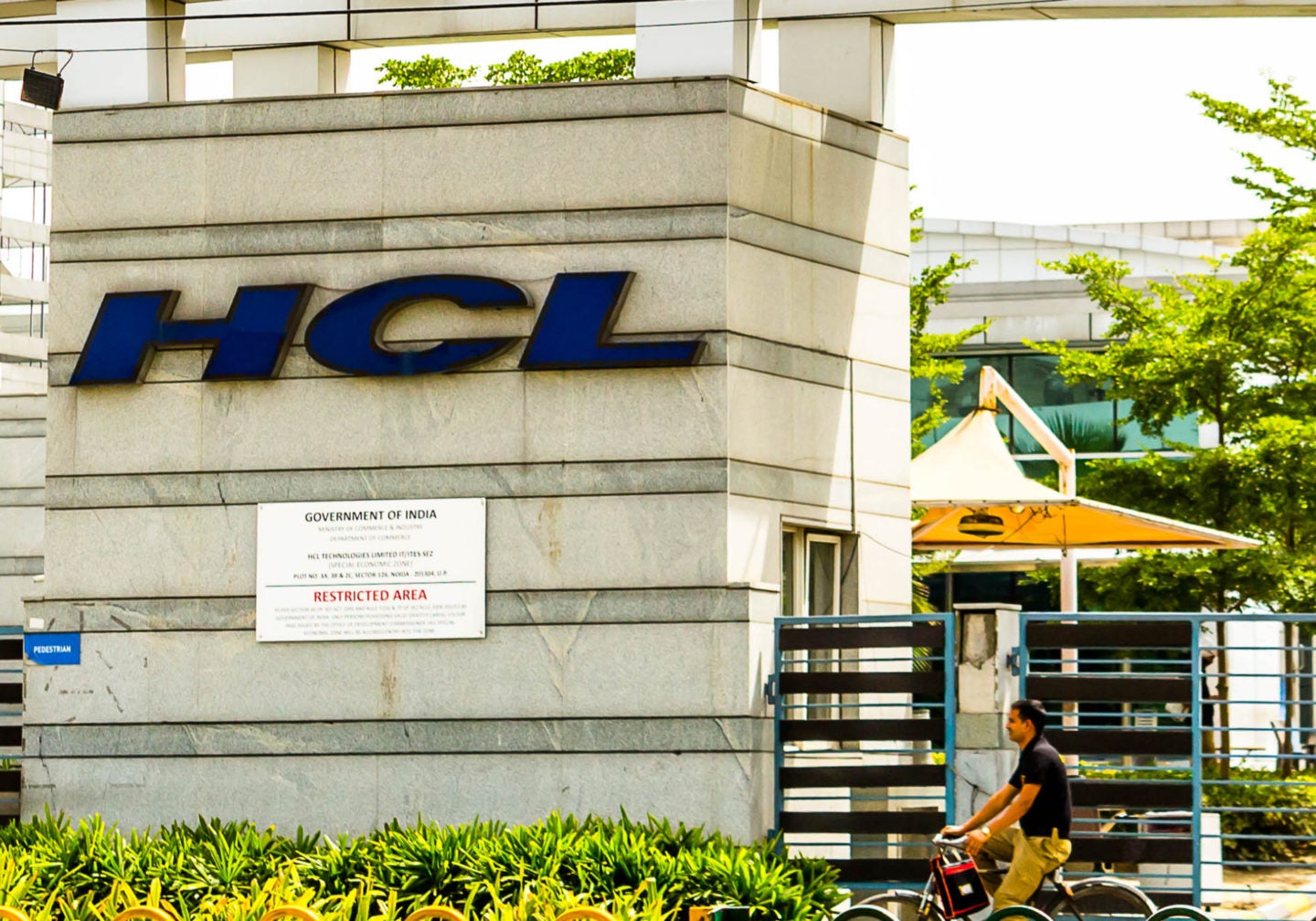
Kalyan Kumar is the chief technology officer (CTO) and CVP of HCL Technologies, an Indian multinational IT services and consultancy company.
The Uttar Pradesh headquartered firm counts 250 of the Fortune 500 and 650 of the Global 2000 among its clients. Founded in 1976, HCL Technologies now operates in 49 countries and reported revenues of US$9.93bn for 12 months ended 30 June.
Kumar, also known as ‘KK’, has been at HCL Technologies since 2000 and has worked his way up to the CTO role.
In this Q&A, the 27th in our weekly series, Kumar explains why failure is the best teacher, shares the promise of quantum computing and reveals how his Commodore 64 helped instil a passion for technology.
Rob Scammell: Tell us a bit about yourself – how did you end up in your current role?
Kalyan Kumar: After attending a Jesuit School in Eastern India, I went on to do my electrical engineering qualification and then quite a lot of others, starting off as a system engineer. I then ended up performing various roles in technology: product management, product development, offering and practice management, business development, strategic partnerships and general management roles. I joined HCL in September 2000 and have been there ever since, becoming CVP & CTO in October 2017.
What’s the most important thing happening in your field at the moment?
The impacts of Covid-19 are of course a big focal point for the technology industry as the whole world adapts to working and socialising virtually. So one of the most important things taking place right now is the hard work technology specialists are putting in to ensure organisations can operate as normally as possible.
How well do you really know your competitors?
Access the most comprehensive Company Profiles on the market, powered by GlobalData. Save hours of research. Gain competitive edge.

Thank you!
Your download email will arrive shortly
Not ready to buy yet? Download a free sample
We are confident about the unique quality of our Company Profiles. However, we want you to make the most beneficial decision for your business, so we offer a free sample that you can download by submitting the below form
By GlobalDataDuring the pandemic, we’re seeing entire business models now evolving around technology, causing new trends to emerge while accelerating some existing ones. Take the use of artificial intelligence (AI) and robotics: in some places, humanoid robots are being used to screen patients for Covid-19, an emerging trend which has leapfrogged in recent months.
Which emerging technology do you think holds the most promise once it matures?
I think quantum computing has massive potential, mainly because there are so many different applications of it which push the boundaries. It will also bring real-world scenarios much closer to computing, as quantum mechanics is all around us in our daily lives and will become even more disruptive in the coming decade.
Innovations in life sciences and healthcare have really highlighted this recently. The US Department of Energy is already using quantum supercomputers to search for drug compounds that can treat Covid-19, and is making progress that would have taken years if traditional computing power had been used.
How do you separate hype from disruptor?
I’m always a bit wary of grouping technologies as those that are all hype and those that are true disruptors, because I think every technology goes through a lifecycle which is characterised by various phases. Each technology always goes through a hype phase, which may vary from technology to technology, before it matures or phases out. This is primarily driven by a marketing element, but because the current market is well-balanced, buyers are getting smarter both in their expectations and when buying these technologies.
What’s the best bit of advice you’ve been given?
Life is the best teacher and can give you the best advice. Humans learn from their failures, and to accept them as inevitable – it’s impossible not to experience some failures when you’ve been working in technology for these many years!
Naturally, there have been times when projects I’ve worked on haven’t turned out how I expected them to, but in retrospect, every failure of mine has taught me something I wouldn’t have learned otherwise. A big part of any professional journey – particularly in the field of technology where new innovations gain momentum day-by-day – is about learning from your failures and turning them into success stories.
Where did your interest in tech come from?
I’ve wanted to work in tech for as long as I can remember. From an early age, computers and networks have fascinated me. I got a Commodore 64 when I was a teenager and started learning to code in LOGO/BASIC. It all went from there, really.

What does a typical day look like for you?
No day is ever really the same when you work in technology, but there’s definitely been quite a shift in how I work recently! I’m amazed at how we’ve all adapted to holding our meetings over Microsoft Teams, Zoom and Google Hangouts.
I’m also making sure that no matter how busy my day is, I leave time to read up on disruptive technologies. It’s really important to stay ahead of the curve when it comes to the business changes we’re seeing, and when we’re all in lockdown, reading’s the best way to do that.
What do you do to relax?
In my spare time, I like partnering with my son on culinary experiments, and I’m really into sport. I’ve recently been watching ‘The Test’ on Amazon Prime and watching cricket highlights from years gone by, and I’m looking forward to getting back out and playing once things go back to normal.
I also play the drums in a band called Contraband. We’re a semi-professional outfit based in India, and I join up with them whenever I’m back over there, so that’s another thing I can’t wait to get back into post-Covid!
Who is your tech hero?
I draw inspiration from a lot of different technologists and leaders the world has seen, but today, I think the real tech heroes are the front-line technology and delivery workers who are fighting Covid-19 and ensuring the lights are on across various critical systems around the world.
In my own mind though, I’ve always imagined Iron Man as an ideal tech hero, always innovating with technology at the centre of human creativity. And the quote by Tony Stark says it all: “Heroes are made by the paths they choose, not the powers they are graced with.”
What’s the biggest technological challenge facing humanity?
Right now, with the extent of the technology innovation required to combat Covid-19 and help us adapt to the new normal, I think the biggest challenge we face is embracing that cultural shift and accepting technology as the centerpiece around which businesses evolve.
And it’s not just from a functionality point of view: just look at how technologies like AI and machine learning have been applied to fight and curb this pandemic and understand how Covid-19 spreads. There’s a lot that humanity expects of technology going forward and meeting those expectations will be the focus of tech companies around the world.
Read more: CTO Talk: Q&A with PragmatIC’s Richard Price



